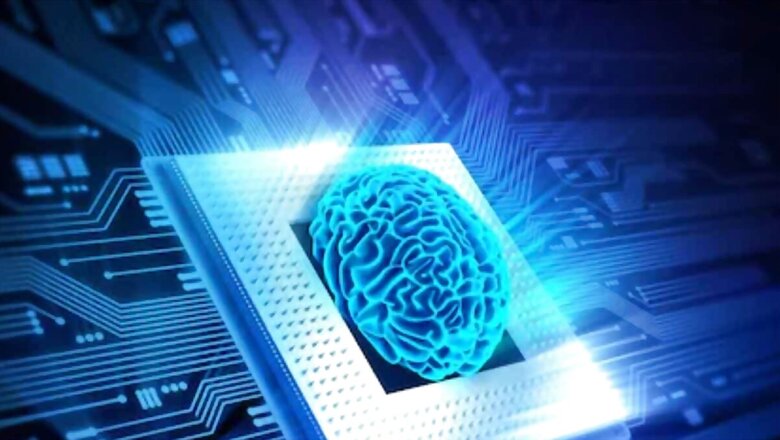
views
In this day and age, there is a great fear that artificial intelligence will eventually replace humans. But what we are about to reveal to you might amaze you. In the era of technological advancement, Swedish scientists have made a bold claim: they have created a living computer built from human brain tissue. You might be wondering how such a thing is possible.
According to Swedish scientists, the most remarkable aspect of this computer is its ability to share information like a computer chip. If this type of computing is adopted worldwide, it could potentially solve the energy crisis. Companies and universities around the world are now looking into this technology.
The implications of this breakthrough are immense. It opens up new possibilities in computer science and neuroscience, blurring the lines between biology and technology. Even though ethical considerations are at play, the potential benefits in terms of energy efficiency and computing power are undeniable. The creation of a living computer represents a significant milestone in technology. It challenges our ideas about what is possible and raises profound questions about the future of artificial intelligence and humanity’s relationship with technology.
It consists of 16 organoids, which are lab-grown clumps of brain cells that exchange information with each other. They work similarly to a conventional computer chip- they send and receive signals through their neurons, which function like circuits. What makes it special, however, is that the living machine uses less energy, because living neurons can use more than a million times less energy than the digital processors currently in use.
When comparing it to the world’s best computers, such as the Hewlett Packard Enterprise Frontier, the scientists found that the human brain, running at the same speed and with 1,000 times more memory, uses 10 to 20 watts- compared to a computer that uses 21 megawatts.
Dr Fred Jordan, co-CEO of FinalSpark, a startup focused on developing solutions using biological neural networks, told DailyMail, “This idea is common in science fiction, but there isn’t a huge amount of real research on it.”




















Comments
0 comment